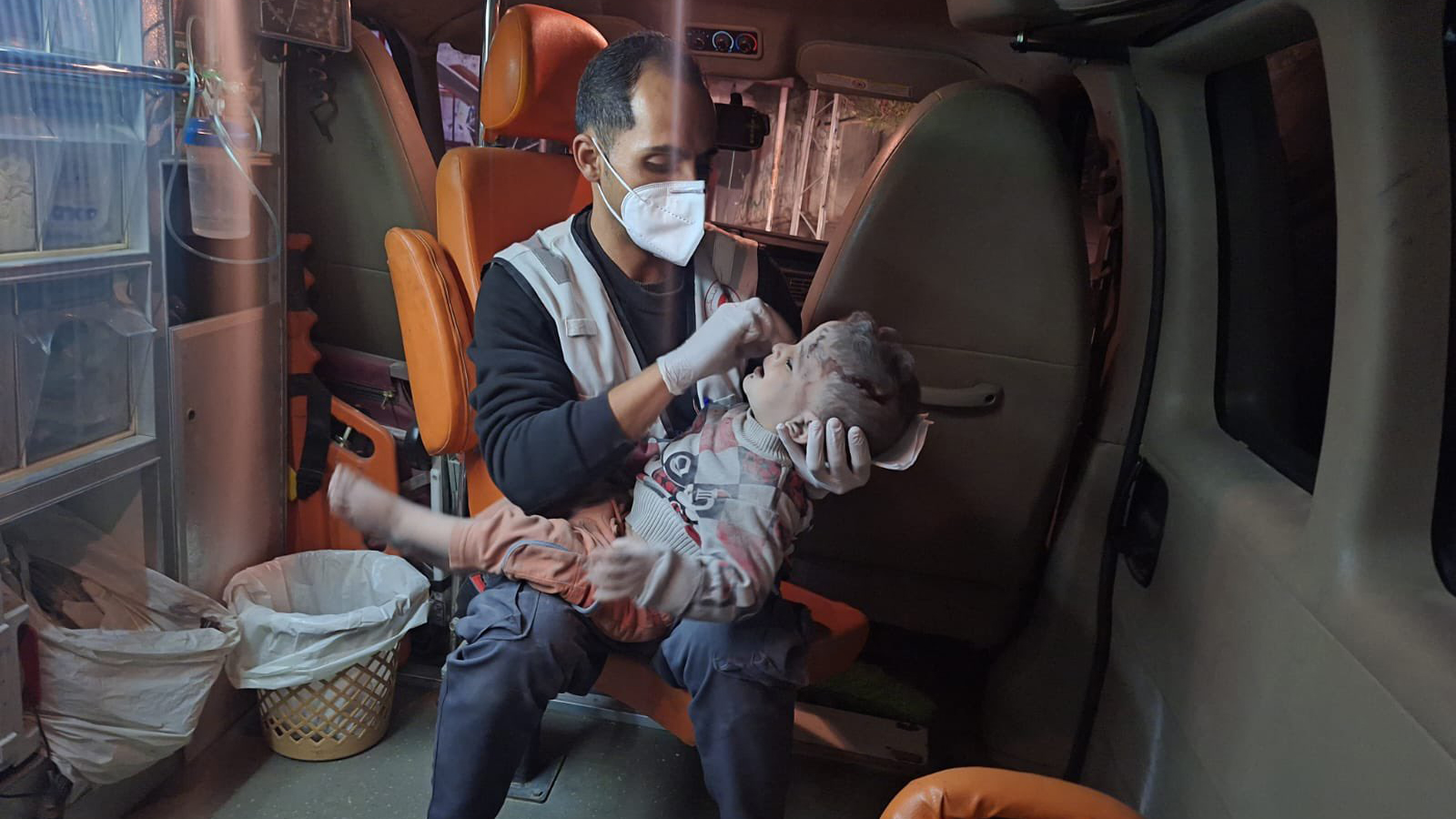The destruction brought by six months of Israeli attacks on health infrastructure in the Gaza Strip makes it difficult to envision how the Palestinian health system might be rebuilt, international organizations have warned. Since October 7, 2023, the World Health Organization (WHO) has recorded over 900 attacks on healthcare in Palestine, resulting in 736 deaths and more than 1,000 injuries. Of Gaza’s 36 hospitals, only 10 remain at least partially functional.
International organizations, including the WHO, continue to provide support through missions but still face significant obstacles imposed by Israel. More than half of all the missions organized by the WHO to deliver medical supplies and fuel for hospital generators in the period between October 2023 and the end of March 2024 have been obstructed by Israeli authorities. This has further depleted essential supply stocks, undermining the operations of hospitals and health centers across Gaza, especially in its northern regions.
Diagnostic equipment was decimated during the attacks, notably during the sieges and raids on hospitals like Al-Shifa Hospital at the beginning of April. “Most of the buildings are extensively damaged or destroyed, and the majority of equipment is unusable or reduced to ashes,” reported the WHO team.
Read more: Israel has ripped the heart out of Gaza’s health system by destroying Al-Shifa Hospital
Israeli attacks on Al-Shifa have resulted in the destruction of at least 115 beds in the hospital’s emergency department, as well as 14 incubators in the neonatal intensive care unit (NICU). According to the WHO, these attacks have also left northern Gaza without CT scanning capacities, in addition to losses of equipment such as ventilators, sterilization equipment, and oxygen production capacities.
This situation is certain to lead to a further increase in deaths, as there are even fewer capacities for testing and diagnosis in the extremely risky epidemiological circumstances of forced displacements, overcrowding, and lack of water and sanitation. For instance, after Israeli soldiers essentially destroyed Al-Shifa, WHO staff inspecting the area discovered graves dug out on hospital grounds. They observed at least 5 bodies only partially covered, lying on the ground, and reported the “pungent smell of decomposing bodies engulfing the hospital compound.”
Hunger, starvation, and otherwise preventable infectious diseases continue to claim lives across the Gaza Strip. By the beginning of April, the health ministry in Gaza had recorded at least 32 deaths caused by malnutrition, including 28 children. Reports from hospitals indicate even higher numbers, with Kamal Adwan Hospital reporting 26 children dying of hunger in this institution alone.
Dr. Hussam Abu Safiya, head of pediatrics at the hospital, told Human Rights Watch that 16 of these children were under 5 months old, while the other 10 were between 1 and 8 years old. These age groups remain particularly vulnerable to the spread of respiratory and skin infections, as well as diarrhea, a rise in cases of which was noted by WHO Director-General Tedros Adhanom Ghebreyesus in a speech.
Children and pregnant women remain at particular risk from the Israeli attacks on healthcare in Gaza, but other population groups face specific dangers as well. Cancer patients, for example, have virtually no chance of accessing adequate treatment. Many of them, like political prisoner Walid Daqqah, die because they are denied oncological care while imprisoned. As Alaa Badarneh from the Center for Defense of Liberties and Civil Rights in Palestine told the 5th People’s Health Assembly, many Palestinian prisoners die from such medical neglect while also being exposed to torture and sexual harassment.
Read more: In memory of Walid Daqqah
“After six months of relentless, indiscriminate bombardment by the Israeli military, there are no more words I can use to adequately describe the horror and suffering being inflicted on Gaza’s civilians,” said Melanie Ward, CEO of Medical Aid for Palestinians. “Attacks on healthcare must cease, Israel’s siege must be lifted, and an immediate ceasefire brokered to safeguard civilians and allow the health system to recover as soon as possible.”
People’s Health Dispatch is a fortnightly bulletin published by the People’s Health Movement and Peoples Dispatch. For more articles and to subscribe to People’s Health Dispatch, click here.





